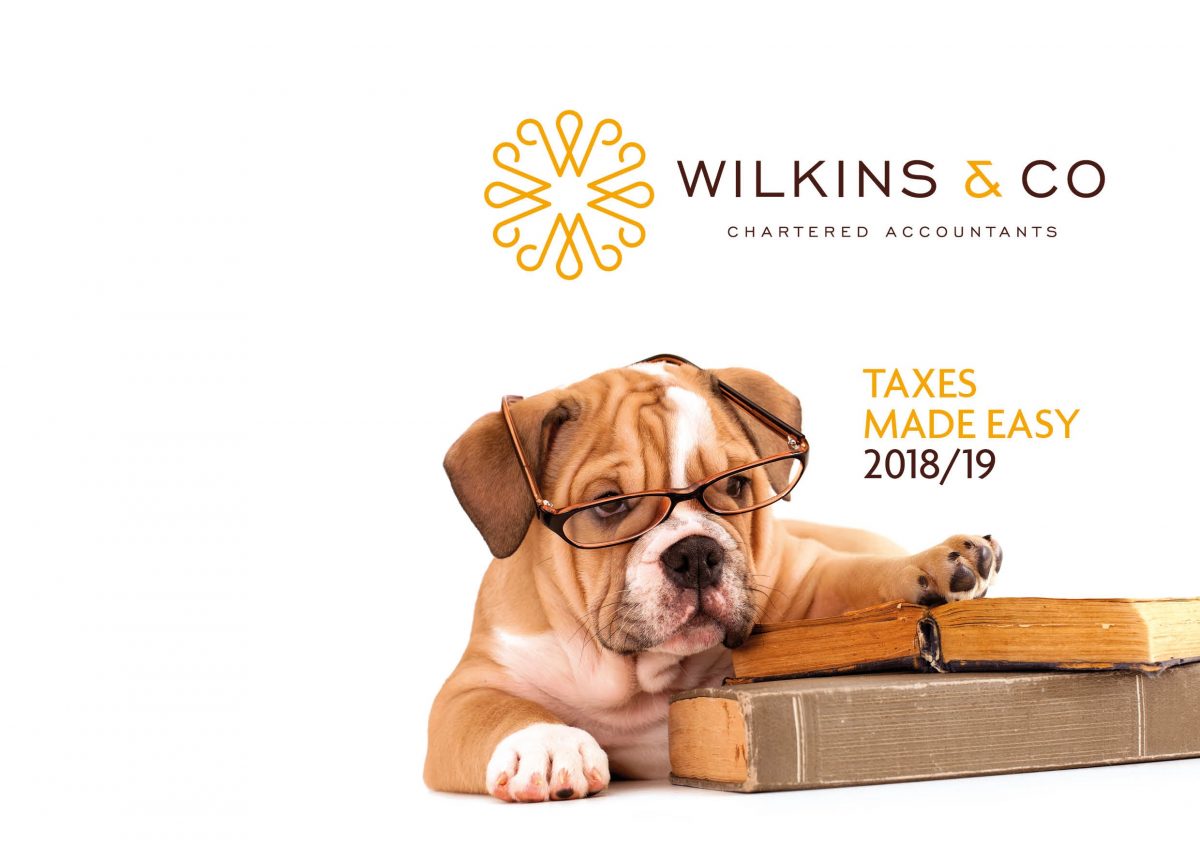If you have received your self assessment statement this month from HMRC, you may be confused by the amount that it is telling you is due.
Payments on account of tax are part of self-assessment and never easy to get your head around.
Keeping things simple, you usually pay 2 payments “on account” of your 19/20 tax bill during the year, one in Jan 2020 and one in July 2020. The amount you pay is based on your last submitted tax return, and HMRC assumes you will have exactly the same income again in the next tax year.
So if your tax liability under self assessment last year was £2,000, HMRC will ask you to pay £1,000 in Jan 2020 and £1,000 in July 2020 as an upfront payment on account of your 19/20 tax.
Obviously, it is extremely unlikely that you tax bill will be exactly the same each year, so once you have submitted your 19/20 tax return, HMRC will work out the actual amount that is due for the year. In our example, say your final actual tax bill is £2,400. You will have already paid £2,000 on account of this, so you will owe £400 at 31 January 2021.
The cycle then starts again though, so at 31 January 2021 you will also pay your first payment on account of your 20/21 tax, which HMRC will calculate as £1,200, so the total amount they ask you in Jan 2021, will be the £400 plus the £1,200, making £1,600 in total.
There are situations where a payment on account is not required but these are not covered here.
Payment on Account Deferral
Under the Gov help offered for Coronavirus, the payment on account that was due at 31 July 2020 has been deferred by HMRC -and this seems to have been done automatically. Therefore if you receive a statement from HMRC this month, you will see that the due date for this second payment on account is 31 Jan 2021, and not 31 July 2020.
You can of course make the payment now, but if it helps cashflow, the payment can be deferred.
If you have lower profit for 19/20 than you did the year before, then it is well worth getting your tax return completed for the year and submitted, as if you are due a repayment, this will be issued as soon as your return is submitted – you won’t have to wait until 31 Jan 2021 for this!
For more information or assistance with personal tax returns, please contact Rosie Forsyth at Wilkins & Co.










